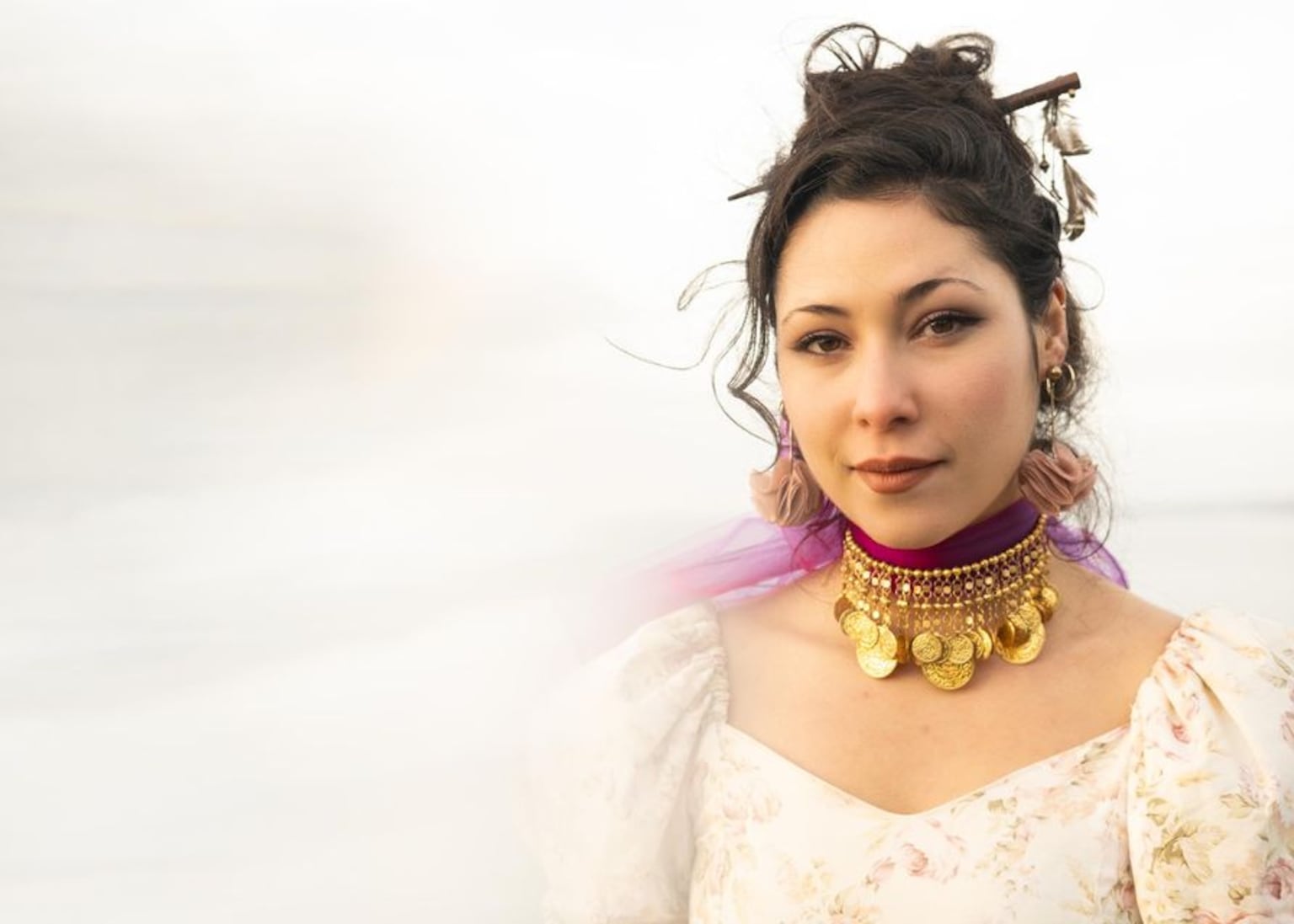
The Global Movement of People and Cultures
At any given moment, thousands of airplanes are in the air around the world, carrying passengers across continents. Similarly, the oceans are filled with a variety of ships, from massive cruise liners to smaller ferries, continuously transporting travelers to their destinations. This movement of people has been a constant throughout history, dating back to when early humans first left the Great Rift Valley. Today, the same motivations drive migration—people seek better lives, escape conflict, or flee oppression—and wherever they go, they bring their cultures with them.
Julia Spanu, the lead singer of the Sligo-based alt-folk band Moxie, understands this deeply. Her family’s story is one of migration, shaped by historical events that forced them to move from one place to another. “My grandmother fled Vietnam during the Indochina War and moved to France,” she explains. “My Italian grandparents on my father’s side left Sardinia under the Mussolini regime.” Julia herself was born and raised in Tunisia, where her family lived under the dictatorship of Zine El Abidine Ben Ali until the Jasmine Revolution in 2010/11.
Despite the political instability, music played a central role in her family's life. From a young age, she was encouraged to play instruments and sing, which ultimately led her to pursue a career in music. In 2016, after completing her undergraduate studies in applied languages and political science, she moved to Dublin to improve her English. That’s where she met the members of Moxie: Darren Roche, Jos Kelly, Cillian Doheny, and Ted Kelly.
A Journey Through Music and Culture
Julia’s initial involvement with Moxie began as a guest performer, but it quickly evolved into a full-time role. “They were so keen to share traditional Irish culture with me,” she recalls. “They took me to festivals like Willie Clancy Week in Miltown Malbay and the Fleadh, opening up a new world for me.” She found herself fascinated by the traditions and wanted to be part of them. At the same time, the band allowed her to express her own cultural identity through language and heritage.
Moxie started in 2011 as a traditional band, known for their imaginative compositions and virtuosic performances. Over the years, the group has continued to evolve, especially after Julia joined in 2016. Their second album, The Dawn of Motion, featured her contributions, and now the band is working on a third album inspired by Bob Quinn’s theories about the connections between Irish culture and broader Atlantean influences, including Iberian, Mediterranean, and North African traditions.
While Quinn’s ideas have been widely debated, they sparked Moxie’s creative imagination. “We’re creating an imaginary itinerary through the ocean and the sea, bringing these cultures together through music,” Julia says. Her background in linguistics and multilingualism has also influenced the project. “We wanted to merge cultures through music and language, celebrating both differences and shared elements.”
A New Album and a Celebration of Tradition
The new album draws inspiration from Julia’s upbringing in Tunisia, where she learned about the Phoenicians, Carthaginians, and the Roman Empire. It also explores themes connected to Brittany, reflecting on the lives of sailors and their families. “Sometimes, a melody would remind us of something specific, like Montmartre or a sailor’s life,” she explains.
Moxie will be performing at the Belfast Tradfest on August 2, alongside the Scottish all-female Kinnaris Quartet. For Julia, the event is more than just a concert—it’s a celebration of culture and a call to embrace tradition. “I feel the world is more proud of reviving its heritage now,” she says. “Traditional Irish music is empowering and inspiring.”
Belfast Tradfest, described as “the pinnacle of world-class traditional music concerts, fiery pub sessions, and Ireland’s fastest growing summer school of traditional music,” runs from July 27 to August 3, 2025. It offers a unique opportunity to experience the richness of Irish culture while connecting with others through music. As Julia puts it, “The trad session is a celebration and an invitation. It brings people together, whether they want to play, learn, or simply listen.”
